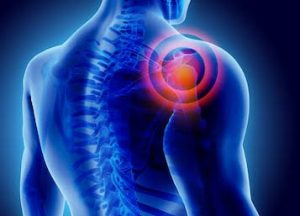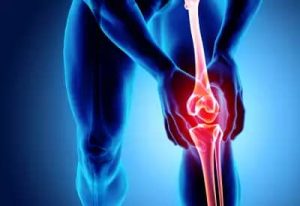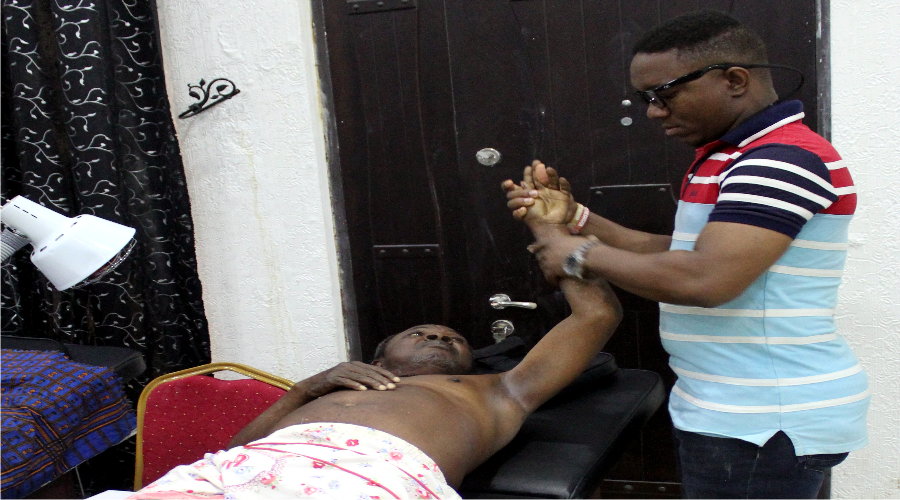Have you injured your shoulder or knee? Are you suffering with pain that just gradually came on by itself? At Road to Recovery we have a special interest in treating shoulders and knees.
Shoulders
Our team will undertake a thorough assessment of your shoulder, with  relevant consideration of your neck and upper back, in order to specifically diagnose your shoulder problem. Common shoulder symptoms may include pain and aching, swelling, clicking, or instability.
relevant consideration of your neck and upper back, in order to specifically diagnose your shoulder problem. Common shoulder symptoms may include pain and aching, swelling, clicking, or instability.
Common shoulder conditions include:
- rotator cuff tears
- tendonitis
- impingement, bursitis and calcium deposits within the joint
- ligament and cartilage tears
- dislocations and shoulder instability
- frozen shoulder
- poor posture
- overuse injuries
- fractures
- arthritis
- muscle strains
- acromioclavicular (AC) joint injury
- referred pain from the neck and other areas
Types of Treatment
Our team will develop a treatment plan with you to rehabilitate your shoulder problem, which may include:
- hands-on mobilisations of your shoulder joint, acromioclavicular joint (where your collar bone meets your shoulder) and neck/back
- stretching and strengthening exercises for your postural and shoulder muscles – this may incorporate the use of pulleys, theraband, hand weights and gym equipment
- sling prescription and fitting for shoulder support
- taping to support your movement or exercises
Knees
Has your ability to walk, run, work or enjoy your recreational pursuits been limited by an injury to your knee? Common knee symptoms may include pain and aching, swelling, clicking, locking or giving way.
These symptoms may be caused by conditions such as:
- Osteoarthritis
- Cartilage tears
- Ligament strains and tears
- Kneecap pain and inflammation
- Calf and thigh muscle tears
- Tendonitis and bursitis
- Dislocation and instability
Our team will observe and feel your knee movements and perform specific tests for ligaments, muscles and cartilage. Additional information may be required in the form of x-rays, MRI or CT scans – your physiotherapist can refer you for these, or you can access them through your GP.
Types of Treatment
Once your diagnosis is determined, our team will develop a treatment plan with you to rehabilitate your knee problem, which may include:
- Massage, hands-on mobilisation and specific stretches
- Tailored exercise to target weak muscles
- Progression of exercises to increase strength, coordination, speed and balance
- Taping to limit movement or provide additional support
- Brace prescription or fitting for knee support
- Prescription and fitting of crutches and other mobility aids as required
- Recommendations for footwear or prescription of orthotic inserts

